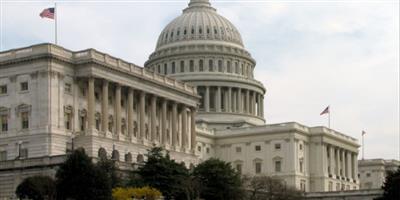AP reports:
Top officials for Monsanto and Bayer defended their proposed $66 billion merger before skeptical senators on Tuesday, insisting that the deal would lead to greater investments in technology that could help American farmers.
Monsanto, the American seed and weed-killer, and Bayer, the German medicine and farm-chemical maker, responded to concerns from Iowa Sen. Charles Grassley, the Republican chairman of the Senate Judiciary Committee.
Grassley warned that consolidation and competition in the U.S. seed and agrochemical industry could hurt American farmers who are already dealing with an economic downturn.
“I'm afraid this consolidation wave has become a tsunami,” Grassley said as the hearing opened.
Robb Fraley, executive vice president and chief technology officer of Monsanto, and Jim Blome, president and CEO of Bayer CropScience North America, both testified that the combined investment is needed to meet a rising food demand.
“This type of change enables more innovation and delivers better products to the farm even faster,” Fraley said. “Farmers are best served when companies invest more in new technologies and accelerate the pace of their (research and development), which in turn spurs robust competition.”
Blome noted that Monsanto has a greater presence in North America while Bayer's business is greater outside of North America.
“Monsanto is a perfect match to Bayer's agricultural business – combining complementary skills with limited geographic overlap,” Blome said.
Grassley pointed to lower crop prices and higher seed prices, saying farmers are under “tremendous pressure” as the agriculture economy has slowed in the last couple of years.
The Iowa senator said antitrust regulators should closely watch consolidation of the agricultural biotech industry and coordinate oversight between agencies. He said the Federal Trade Commission is currently reviewing another merger between Syngenta AG and the China National Chemical Corp. and the Justice Department is looking at the merger of Dow Chemical and DuPont.
“The innovations of the companies in this room today have helped the world reach productivity levels which ease fears over meeting the long-term demands of our growing global population,” Grassley said. “However, when does the size of companies and concentration in the market reach the tipping point, so much that a market becomes anti-competitive?”
CLICK HERE to read more
Source: AgriMarketing




